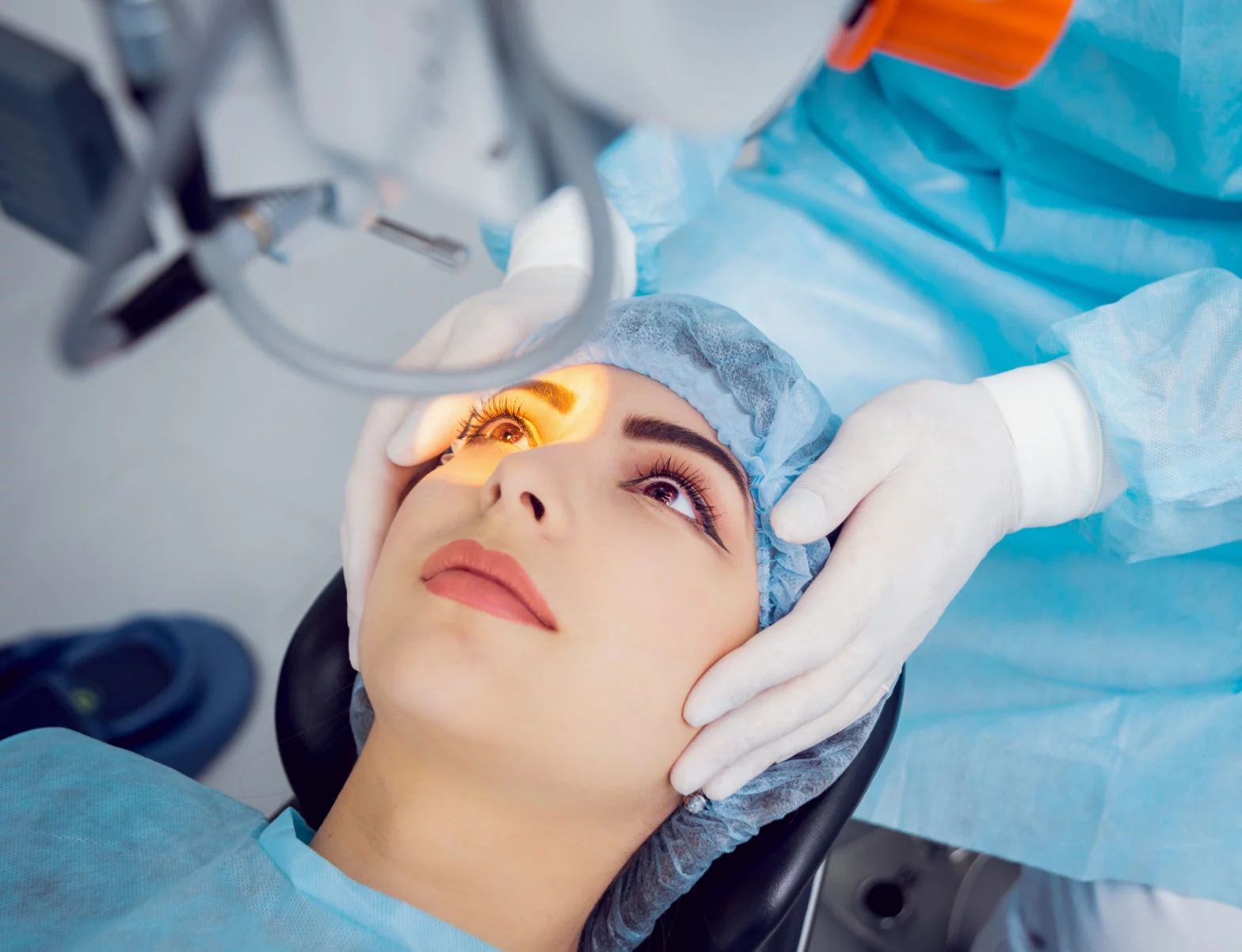
LASIK surgery has the potential to instantly restore your eyesight and help you see without the need for contact lenses or glasses. It’s a simple procedure that’s very rarely associated with any complications, but it does come with an important recovery period.
How can you facilitate a faster, more successful recovery after LASIK surgery?
Table of Contents
Make Sure You’re a Good Candidate
You’ll likely have a few consultations and pre-screenings before you undergo this procedure. During this time, your ophthalmologist and surgeon will determine whether you are a good fit for this surgery. Even so, it’s important for you to make sure you’re a good candidate for this surgical procedure.
- Age ─ People who are especially young aren’t good candidates for LASIK because their eyesight is still developing. People who are especially old also aren’t good candidates because they won’t recover as quickly or easily. You should be at least 21 years of age and should be young enough to recover from minor surgery quickly.
- Root cause of vision problems ─ Not all vision problems can be corrected with LASIK. Only if your vision can be corrected through corneal reshaping should you pursue this procedure.
- General health ─ You’ll also need to consider your general health. The healthier you are, the better. Your surgeon will investigate your current prescription medications and any current health complications that may affect your recovery.
Wear Comfortable Clothes to the Procedure

Source: moskowitz-eye.com
When traveling to the surgery center, make sure you wear comfortable clothes. This way, you can relax throughout the procedure, travel home comfortably, and settle in without having to change your clothes. While many people feel fine immediately after the procedure, you should still set yourself up for a calm, relaxing experience.
Follow Your Surgeon’s Directions
Your surgeon will likely give you detailed instructions on how to care for yourself after the procedure is over. They may also recommend a follow-up appointment or multiple follow-up appointments. They have your recovery and best interests in mind, so make sure to follow your surgeon’s directions precisely. If you have any questions, be sure to ask them for clarification.
Ask for Help to Settle In
Get some help driving home from the procedure and settling in. Ask a family member or friend to drive you home, and see if they can help set you up with food, water, and anything else you need. Keep them on standby until you feel comfortable navigating things on your own.
Prepare to Rest

Source: verywellhealth.com
Rest is the most important ingredient for successful LASIK surgery, so prepare to do a lot of it.
- Don’t touch or rub your eyes ─ You should avoid touching and rubbing your eyes for at least a few weeks after the procedure. Disrupting the corneal flap could result in a very painful experience that requires another visit to your surgeon.
- Don’t look at screens ─ It’s advisable to avoid looking at digital screens, especially bright ones, following your procedure. If you want to be entertained, go for audio content, like podcasts and audiobooks.
- Don’t do anything risky ─ Many activities are considered risky for people who have recently undergone eye surgery. Don’t participate in any contact sports or other activities that could hurt your eyes.
- Keep the lights dim ─ Keep the lights dim throughout your house. It will help you stay comfortable and recover more quickly.
- Wear eye protection when warranted ─ If you do take any risks, make sure to wear proper eye protection.
Keep Eye Drops Ready in the Refrigerator
Your surgeon will likely prescribe you some eye drops, which can help relieve discomfort and provide moisturization after the procedure. Consider keeping these in the refrigerator, if appropriate to do so. The cold eye drops will feel exceptionally relieving on your irritated eyes.
Prepare a Lightweight Cold Compress

Source: fruugobahrain.com
Similarly, prepare a lightweight cold compress and have it on standby. This way, if you need it, it will already be ready.
Stock Up on OTC Pain Medications
Even if you anticipate a pain medication prescription, it’s a good idea to stock up on OTC pain medications so you have them on hand. You may want to use these if you have only minor pain, or if you need something to get you through the stretch from one prescription medication dose to another.
Get Help
Finally, don’t be afraid to get help. Family members, friends, and neighbors will likely be more than willing to help you with everyday activities so you can get some rest.
For most people, the LASIK surgery recovery process is quick, easy, and without complications. Still, you owe it to yourself to be proactive and cautious in your planning – and ultimately maximize your chances of a successful, speedy, uncomplicated recovery.







